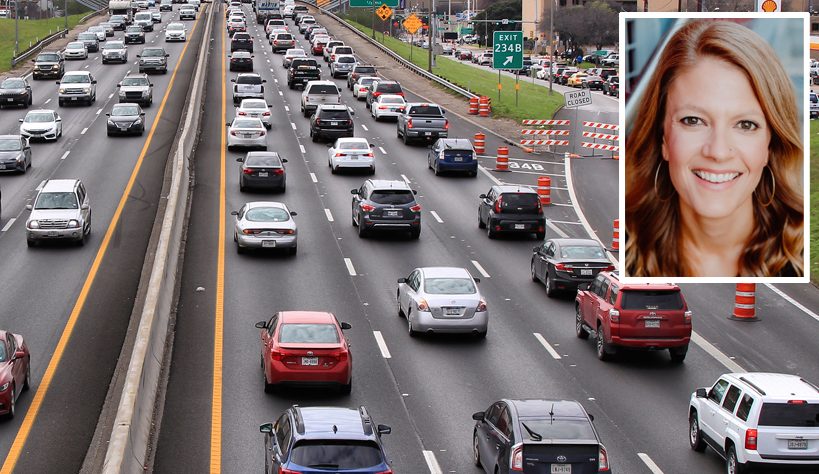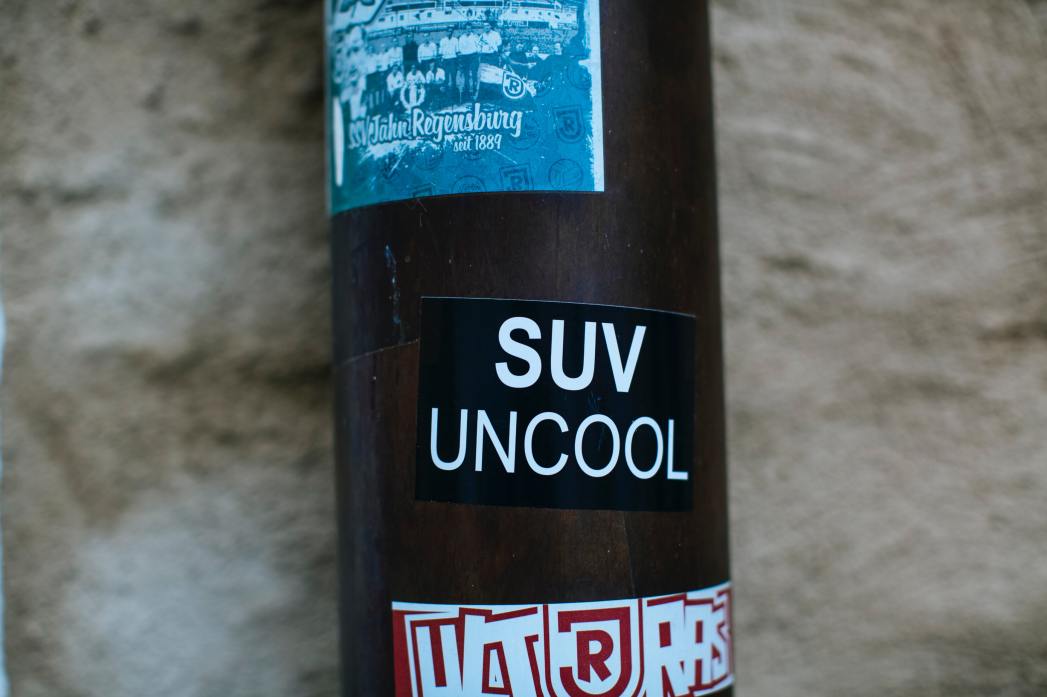For several weeks last fall, as members of the House infrastructure committee pushed for passage of a new six-year federal transportation bill as a strategy to rouse the economy from recession, a proposal to pay for the legislation with a small tax on oil futures trades attracted a healthy crop of Democratic cosponsors and some vocal pushback from Wall Street.
But the tax proposal has since lost steam in Washington transportation debate, getting little notice from lawmakers who strongly support taking up a new six-year infrastructure bill in 2010 even as it remains a magnet for progressives looking to rein in financial industry excesses.
What happened to the idea of using an oil futures transaction fee -- set at 0.02 percent in a December bill offered by Rep. Pete DeFazio (D-OR) and Sen. Tom Harkin (D-IA) -- to fund long-term federal transportation projects?
Jim Berard, spokesman for the House infrastructure panel, explained in an interview late last week that the Congressional Budget Office (CBO) had conducted a preliminary analysis that found the transaction tax would raise less money than lawmakers had initially hoped. The reason for the lower-than-expected revenue, Berard said, was the rationale hinted at by House Speaker Nancy Pelosi (D-CA) in November: a tax levied only on domestic futures would end up pushing trades overseas.
"What sounded like a really good solution six months
ago turned out to be not as good as we thought, and just not as viable," Berard told Streetsblog Capitol Hill.
That leaves federal transportation policymakers essentially where they were at this time last year, searching for a politically feasible stand-in for a gas tax increase that the White House and congressional Democratic leaders have both ruled out for now.
Even as raising the gas tax to pay for transport legislation remains unpopular, senators are preparing to release a new climate change bill later this month that would impose a new "linked fee" on motor fuel. Such a fee could be used in part to fund new infrastructure projects, but Sen. Lindsey Graham (R-SC), one of the architects of the new climate measure, told The Hill last month that most of the resulting revenue would be sent back to drivers in the form of rebates.
The infrastructure panel's highways and transit subcommittee, chaired by DeFazio, plans a hearing next week on "innovative financing" strategies, and Berard said panel chairman Jim Oberstar (D-MN) continues to search for a revenue plan that can unify the capital's disparate transportation players -- House and Senate leaders, the U.S. DOT, the White House, state DOTs, reform groups, and transit advocates.





